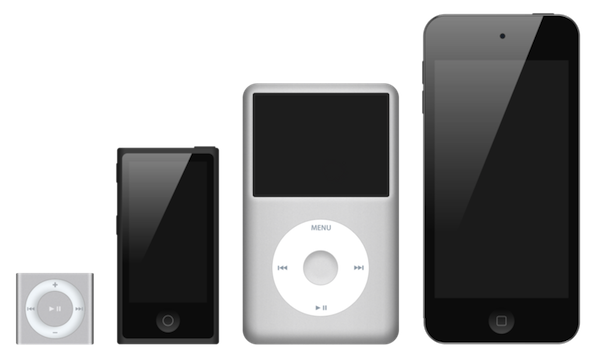In certain circles, it’s become popular to worry about the effects of “the Internet” on human life. The pace of technological development and the uncertainty about the long term effects of being constantly “plugged-in” both fuel our anxiety. The Atlantic alone has run two examples of this genre in the last week. First, Hanna Rosin recently wrote an Atlantic cover story about “The Touch-Screen Generation” and how early access to this technology might affect children’s development. She introduces the term “digital native” to talk about the new generation that is growing up knowing how to use modern technology even from infancy. The piece argues that tablets or television can be too all-consuming and might possibly hamper a child’s development.
Another recent article in the Atlantic began,
We are in the midst of a “narcissism epidemic,” concluded psychologists Jean M. Twnege and W. Keith Campbell in their 2009 book. One study they describe showed that among a group of 37,000 college students, narcissistic personality traits rose just as quickly as obesity from the 1980s to the present. Fortunately for narcissists, the continued explosion of social networking has provided them with productivity tools to continually expand their reach—the likes of Facebook, Twitter, Pinterest, Foursquare, and occasionally Google Plus.
The author, Bill Davidow, goes on to describe the ways narcissists use the constant access to others afforded by social media to promote themselves. Apparently, the person who dies with the most Facebook friends and Twitter followers wins. This article, too, indulges in an anxiety that using new technology “too much” or in a way that’s “wrong” will alter us either as a society, as individuals, or both.
There are legitimate concerns about the way technology may amplify perennial human problems, or even affect cognitive development. But the kind of technological determinism that causes people to fret over the inevitable effects of social media and digital technology misses a few important things.
As Davidow assures us at the conclusion of the article, all is not lost if we do use Facebook: “Social media are an important part of the lives of hundreds of millions of users around the world. If you are one of them, maintaining perspective is important. Do not let narcissists set your standards.” The narcissists, he says, should be jealous of your ability to be “normal.” In other words, it is possible to be a responsible partaker of social media—and those who use it excessively ought to aspire to reducing their intake to a more manageable level.
Similarly, Rosin writes that she decided to perform a small experiment with her own young child’s use of the tablet, allowing him for a period of several months to use the device as often and for as long as he wanted to. For a while, his usage was “extremely annoying and obviously untenable.” But that period didn’t last forever, and “after about 10 days, the iPad fell out of his rotation, just like every other toy does. He dropped it under the bed and never looked for it. It was completely forgotten for about six weeks. Now he picks it up every once in a while, but not all that often.” In other words, making the iPad a “normal” toy resulted in her son treating the technology in just as well-balanced a way as a toddler treats anything else.
In Evgeny Morozov’s newest book, To Save Everything, Click Here, he writes,
One may hate television for excessive advertising—but then, a publicly supported broadcasting system may have no need for advertising at all; TV programs don’t always have to be interrupted by ads. Video games might make us more violent—but, once again, they can do so many other things in so many different ways that it seems unfair to connect them only to one function.
Morozov’s point is that by focusing on how the Internet, or tablets, or television shape us, we ignore the fact that digital technologies are malleable. Their nature and effects aren’t inevitable or permanent, and the technologies are variable in themselves. We can change them, we can integrate them into our lives responsibly (Morozov’s way of doing of this is to lock up his iPhone in a safe to keep himself from using it excessively), and we can recognize the limits of what they can and cannot do.
The Internet, smartphones, and tablets are not their own separate reality. The same things that were virtues, or that uplifted us, before the personal computer were around are still virtues now. The Internet, and constant access to it, doesn’t have to make us into worse, less informed, less socialized people. Just because parents can use television or iPads as built-in “babysitters” for their children, doesn’t make ignoring kids any less excusable or make the TV or tablet an inherently bad thing for children.
If our society is changing for the worse, let’s stop blaming what our hands have wrought—and start taking responsibility for how we use it.
[Image of the Ipod Family Courtesy of Wikipedia]













